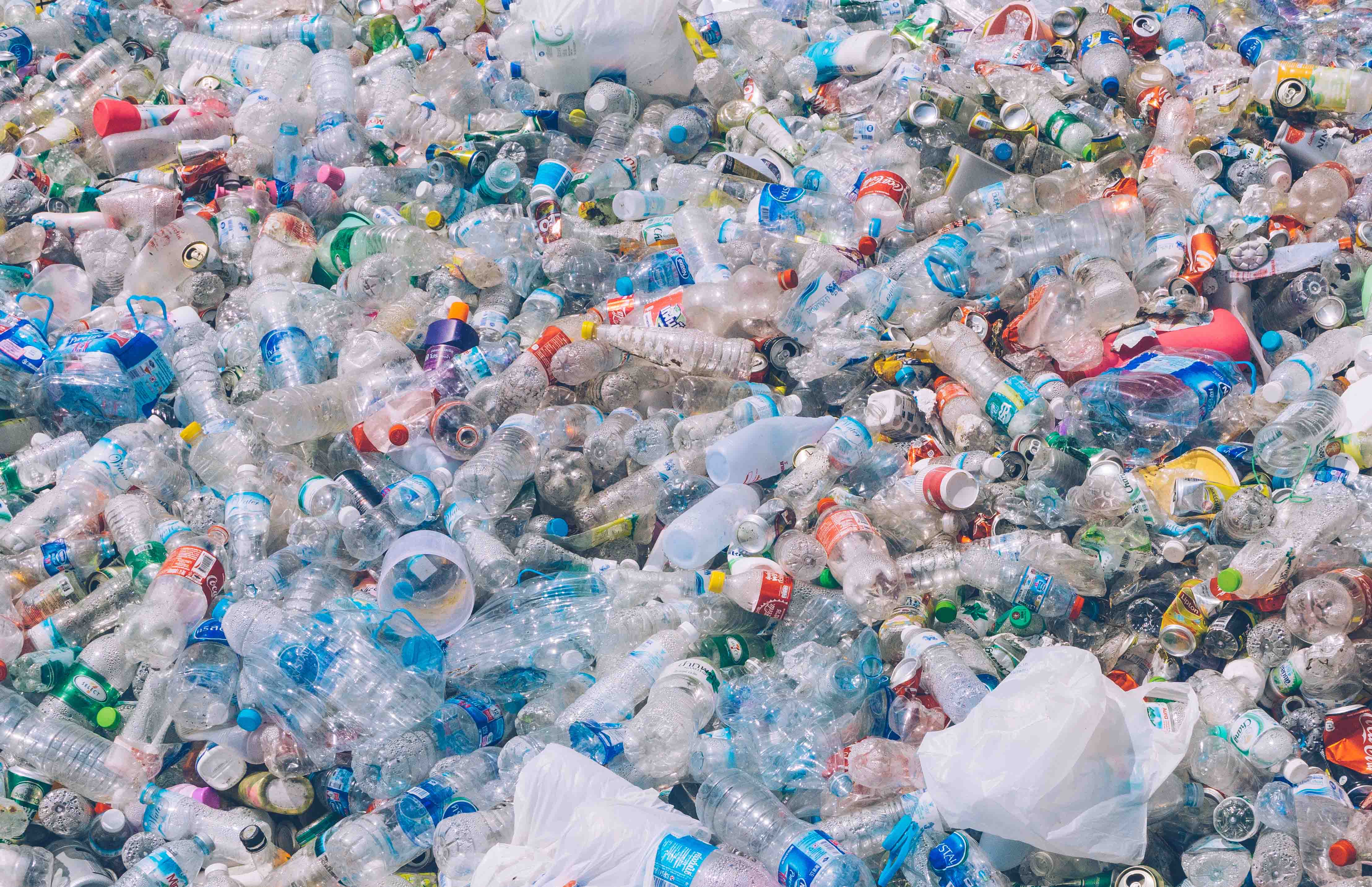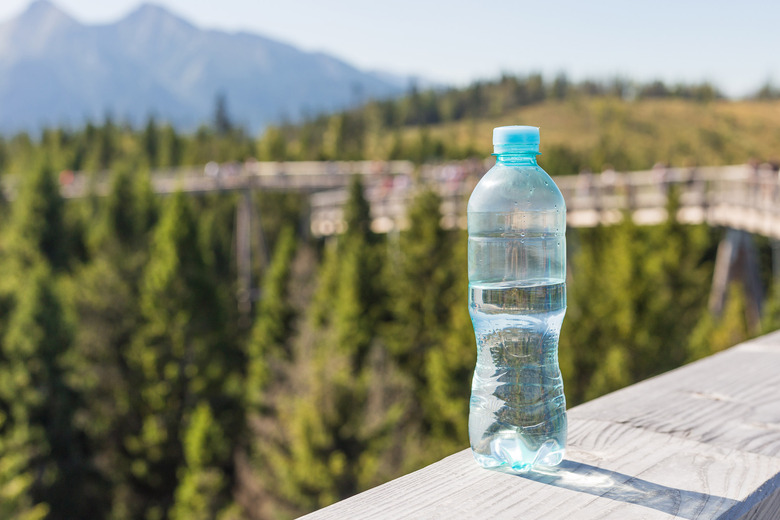This New Plant-Based Material Might Be The Key To Ditching Single-Use Plastics
A promising new material created from plants could help replace the single-use plastics that dominate our everyday lives. Developed by researchers in Japan, this cellulose-based paperboard is durable, waterproof, and fully biodegradable, making it one of the most compelling contenders for a plant-based plastic replacement.
The design here builds on cellulose, the structural molecule found in plant cell walls and already used to make cellophane. Traditionally, cellophane has remained too flexible for certain applications due to the chemical coagulants involved in its production.
However, by using lithium bromide instead, researchers found that the material could be stiffened simply by drying, eliminating the need for additional chemicals. The result is a regenerated cellulose product that can be molded into solid forms like drinking cups and food containers.
In lab tests, a cup made from this transparent paperboard withstood just-boiled water for over three hours with minimal leakage. Once coated with a plant-based fatty acid salt, it became entirely waterproof, providing further proof this plant-based material could act as a plastic replacement.

As a plant-based material, its environmental advantages go beyond its composition. Because of its design, the material degrades completely in ocean water—breaking down in roughly 300 days when in the deep sea—and even faster in shallower coastal environments.
A material of this type could greatly help limit the environmental damage caused by discarded plastic waste, particularly in marine ecosystems where it has become so bad that even hermit crabs are using plastic for shells. Another notable feature is that it can be made from recycled cellulose, including waste textiles. This adds a second layer of sustainability by turning old clothing into useful, compostable goods.
Of course, not everyone is sold on replacing plastic with a single-use alternative, no matter how green it appears. Bhavna Middha, a sustainability expert at the Royal Melbourne Institute of Technology, warns against normalizing disposability.
While she acknowledges the innate benefits of plant-based materials, she believes single-use products—plant-based or not—should be reserved for scenarios where reuse isn't practical, such as medical settings. This is one area where plant-based plastic alternatives struggle, because reuse is much harder with some of these materials due to how quickly they break down.
Even so, for industries that rely heavily on plastics, this new material presents a viable shift toward an environmentally lower-impact design. It's not a perfect solution, sure, but it does challenge assumptions about what plastic alternatives can do, as well as where they can go next.
